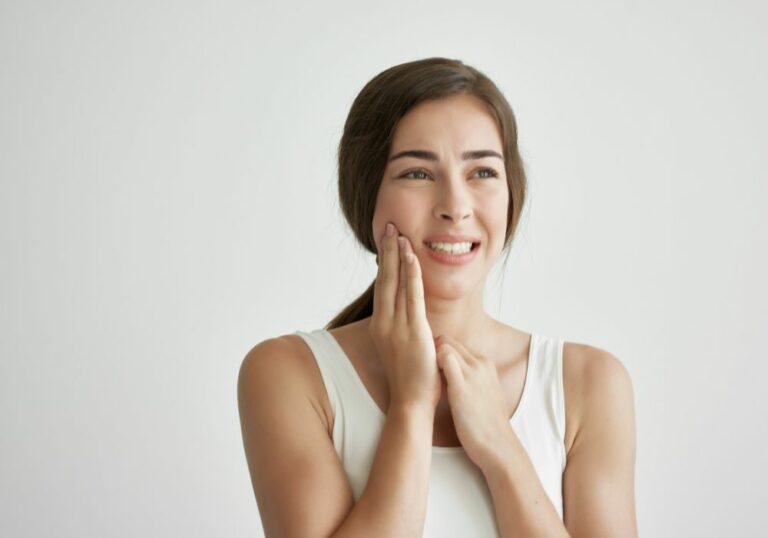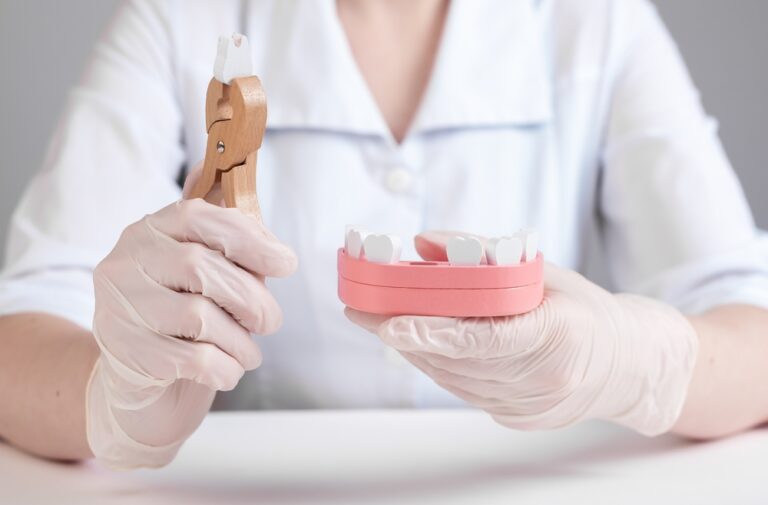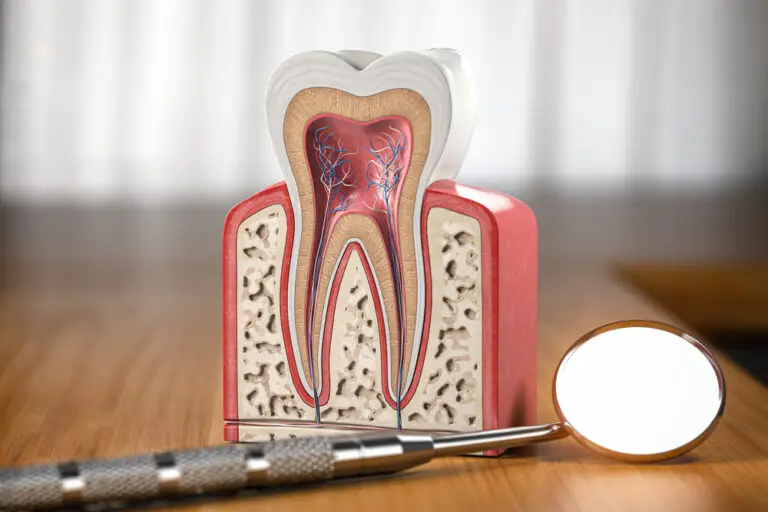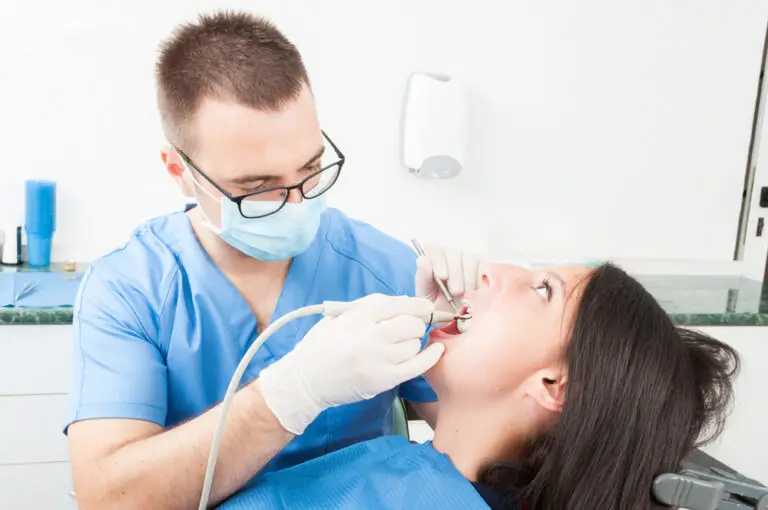Toothache pain often seems more intense at night. There are several reasons why this may happen. Understanding the causes can help you find relief and get a good sleep.
Changes in Body Rhythms
1. Circadian Rhythms
The body has natural 24-hour cycles known as circadian rhythms that are controlled by an internal clock. They regulate many processes like hormone production, digestion, body temperature, and sleep patterns.
Research shows there is a circadian rhythm to pain perception. In the late evening, the body’s pain threshold lowers as part of the circadian cycle. This means toothache can feel more intense around bedtime as pain signals that would normally be filtered out during the day are now able to reach the brain.
2. Sleep-Wake Cycle
Being awake and active during the day provides sensory inputs and distractions that partially take attention away from tooth pain. At night when trying to fall asleep, there are fewer external stimuli to focus on. With less distraction, more attention is directed at the toothache which amplifies the discomfort.
Lying still in a quiet darkened room also allows the pain to dominate focus. Activity increases production of natural pain-relieving endorphins but these decline at rest. This magnifies perceived toothache when trying to sleep.
3. Stress Hormones
The fight-or-flight hormones cortisol and epinephrine are produced in daily rhythms, rising to peak levels in the morning to energize you for the day. They gradually decline to low levels in the evening for restful sleep.
These hormones have analgesic effects in addition to increasing alertness. Their natural pain-relieving properties decrease at night when levels drop. This contributes to worsening tooth pain in the evening.
Increased Sensitivity at Night
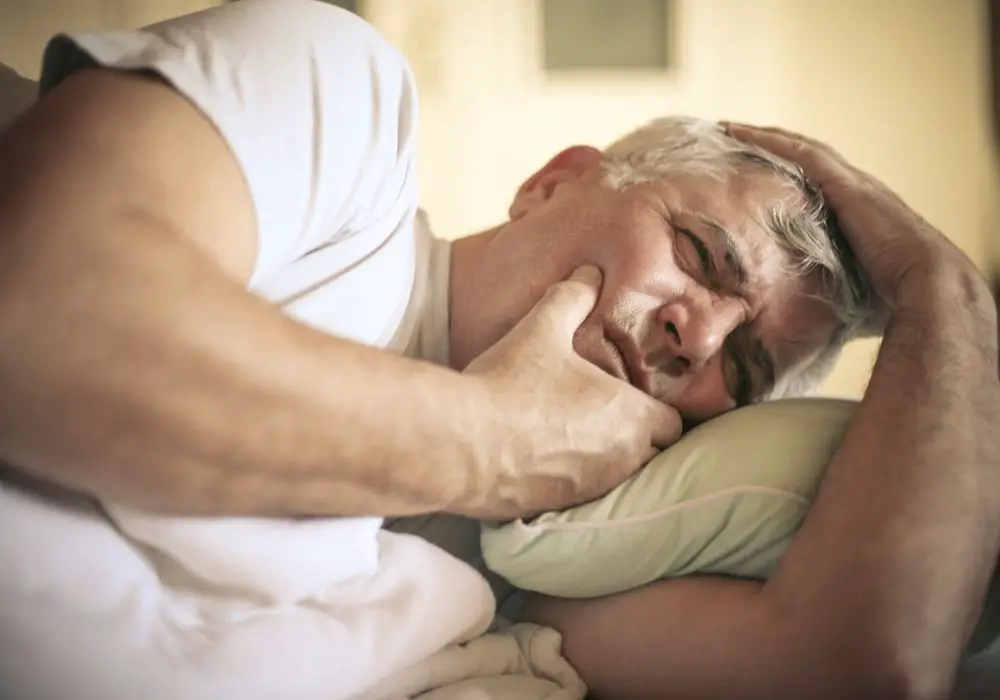
1. Inflammation
With dental infections like an abscess, inflamed tissue develops around the tooth. Inflamed areas have heightened sensitivity and reduced pain thresholds.
The body’s anti-inflammatory mechanisms that reduce swelling are less active at night. This allows inflammation around an infected tooth to worsen in the evening, making it extra sensitive to pain.
2. Nerve Sensitivity
Nerve fibers in an infected tooth become hypersensitive from tissue damage and inflammation chemicals. Their lowered activation threshold makes them transmit more frequent and intense pain signals to the brain.
Since natural pain inhibition is lower at night, even light stimuli can generate severe toothache. Bruxism, dental sensitivity to hot or cold, and pressure from sleeping on the side of infection also aggravate nerve pain at night.
Lack of Distractions at Night
Having activities, responsibilities, and sensory stimuli during waking hours occupies your mind so there is less attention directly on the toothache. This distraction offers some relief from dental pain in the daytime.
At night when you lie down in a quiet dark room, there are no visual or auditory distractions. With less sensory input, your brain focuses more closely on the tooth pain signals which makes the discomfort much more apparent and harder to ignore.
Sleep Difficulty Worsens Pain
Toothache can make it extremely difficult to fall asleep in the first place. Lying still allows the pain sensation to fully capture awareness. The inability to sleep due to dental pain can make the experience feel more unpleasant at night.
Physical and mental tension from the struggle to sleep despite the pain also feed into a vicious cycle. This anxiety and muscle tension further heighten pain perception at night.
Reduced Access to Pain Relief at Night
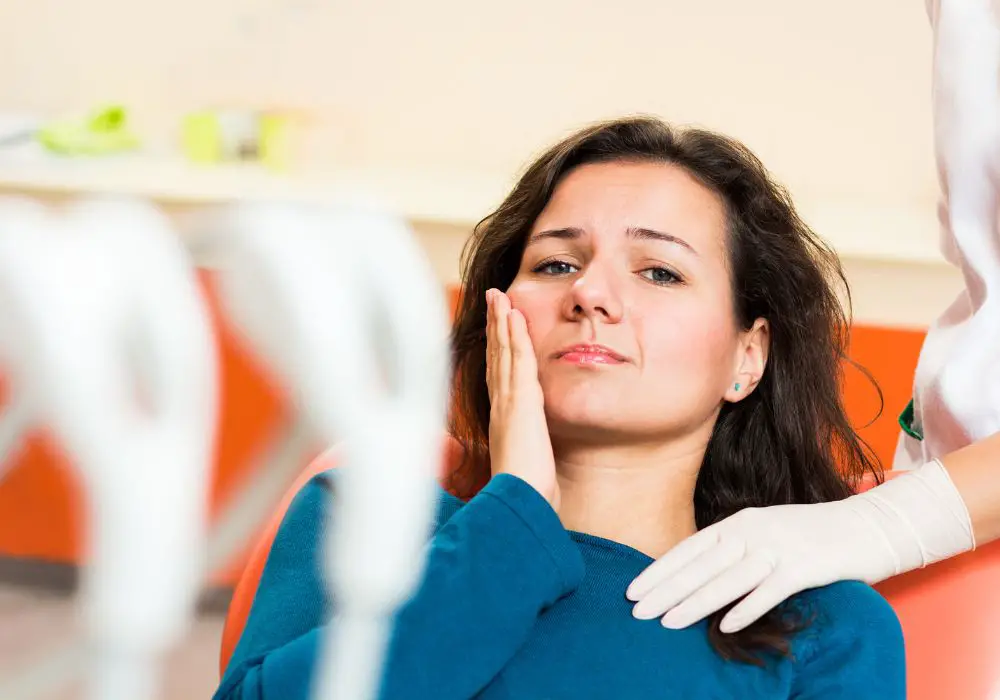
1. No Emergency Dentist Visits
During the day, you can call your dentist for an emergency visit to get immediate pain relief through dental treatment, antibiotics, or stronger pain medication.
At night and on weekends, dentist offices are closed. The lack of access to professional dental pain management at night means you must endure tooth discomfort until regular office hours.
2. Medication Effects Wear Off
Over-the-counter pain pills may temporarily relieve toothache symptoms but the effects wear off typically within several hours. Pain reducers taken at bedtime often lose effectiveness by the middle of the night.
Waking up due to returning toothache makes it very difficult to fall back asleep. The lack of restorative sleep worsens the pain experience.
3. Posture Changes Intensify Pain
Lying flat at night allows blood to rush to the head when previously held up by gravity against the blood vessels. This raises blood pressure in the infected tooth, putting more pressure on the sensitive nerves.
Sitting upright somewhat reduces this effect. Sleeping propped on pillows or in a recliner can prevent pain from posture changes at night.
Tips for Managing Toothache at Night
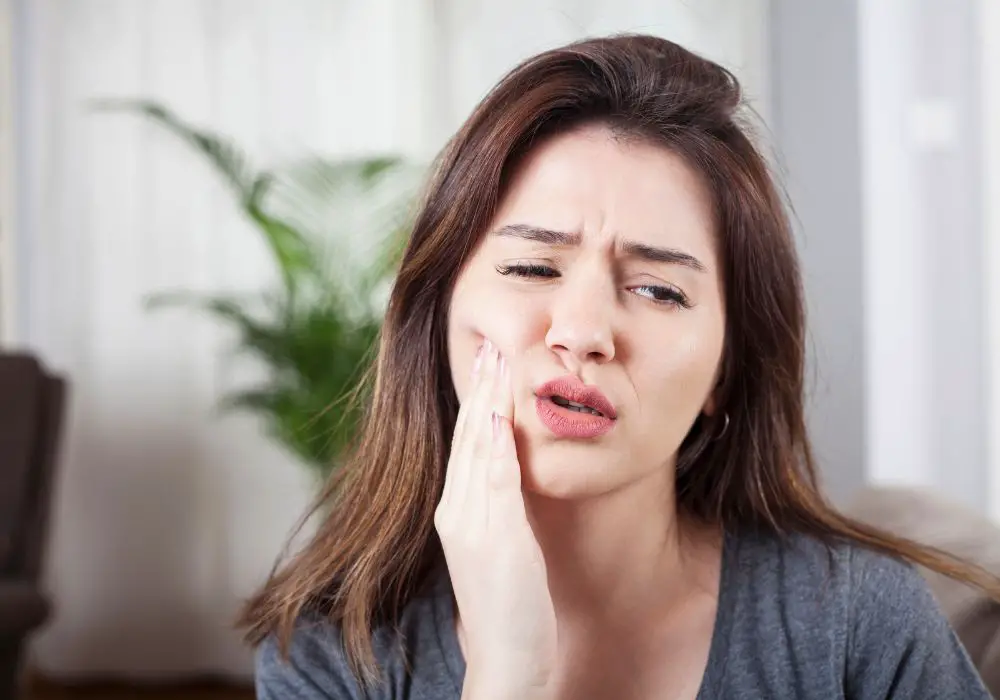
Here are some self-care tips to help relieve nighttime tooth discomfort until you can see a dentist:
- Take over-the-counter analgesics at bedtime so effects last through the night
- Use dental pain relief gels containing benzocaine to numb the gums
- Avoid eating or drinking before bed as temperature changes irritate sensitive teeth
- Sleep propped up to reduce blood pressure changes
- Use an ice pack on the cheek to reduce inflammation and numb pain
- Listen to soft music or audiobooks as a distraction from the discomfort
- Do relaxation techniques to reduce physical and mental tension worsening pain
- Keep bedroom comfortably cool as heat exacerbates nerve pain
- See an emergency dentist promptly for diagnosis and professional treatment
Managing tooth pain at night begins with identifying the underlying cause through dental exam and X-rays. Dentists can then provide appropriate treatment to address the infection or dental issue to finally resolve the toothache. Including the above self-care tips can help relieve discomfort until a dental visit.
Expanded FAQ
What is the main reason toothache gets worse at night?
The primary reason toothache tends to get worse at night is due to the body’s natural circadian rhythms. Research shows there is a daily cycle to pain perception with heightened sensitivity in the evening as controlled by the circadian biological clock. Natural pain-relieving hormones like cortisol also decrease at night.
Why does lack of distractions make tooth pain seem worse?
Having activities and sensory stimulation during the day creates distractions that divert some attention from tooth pain. At night while trying to sleep, there are no visual or auditory distractions in a dark quiet room. This allows toothache signals to dominate focus which amplifies the perceived intensity.
How can trouble sleeping worsen toothache?
Difficulty falling asleep due to tooth pain enables the discomfort to fully capture awareness. The struggle to sleep despite the pain also creates physical and mental tension which heightens pain perception. Lack of restorative sleep at night exacerbates the toothache experience.
How do medication effects wearing off contribute to worsening toothache?
Pain pills can provide temporary relief but effects often wear off through the night. Medication taken at bedtime losing efficacy by the middle of the night allows the toothache to return. This makes it very challenging to fall back asleep once pain reducers stop working.
Why does lying down make toothache increase?
Lying flat allows blood to rush to the head, increasing blood pressure in the infected tooth and putting more pressure on sensitive nerves. Sleeping propped up can prevent this exacerbation of pain from posture changes.

